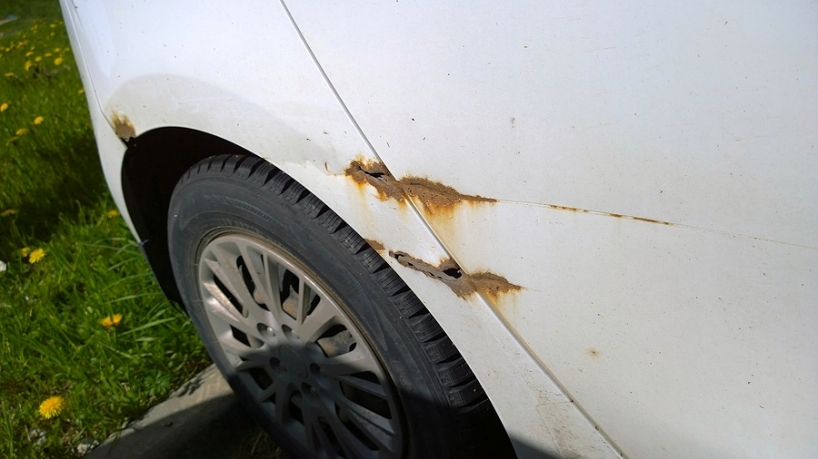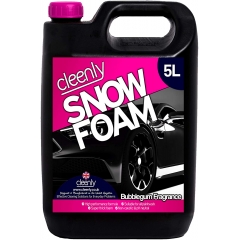
February 17th, 2021 by
We all know that wet weather in the winter can leave our cars looking dirty, but did you realise it could actually be damaging the metalwork? That’s due to the salt that’s constantly being splashed onto your car as you drive, or even when parked up on the roadside.
Salt is ever-present on the roads over the winter as it is commonly used to prevent roads from freezing and becoming hazardous (what we generally refer to as ‘grit’ is actually rock salt). This is absolutely necessary, but unfortunately, it’s an imperfect solution. Salt on the roads is good for drivers, but it’s not so good for car paintwork and metal components.
Without getting too scientific, salt splashes up onto your car from the road and sticks to the metal. The mix of salt and water creates a chemical reaction which eats into the protective coatings on your car, exposing the bare metal to the elements. This, in turn, leads to rust, which weakens the metal and causes it to flake apart. This is bad news for bodywork and also for important components on the underside of the car including brake and fuel lines.
Preventing salt corrosion
The best way to prevent this from happening is to minimise the amount of time this corrosive salt solution has with the metal on your car. In short, that means regular washing. Many people don’t bother cleaning their car as much in winter as the cold, wet weather makes it a test of endurance. However, the risk of salt corrosion means that you should actually be cleaning your car more frequently in the summer.
5L Cleenly PH Neutral Apple Snow Foam
Price: £17.95
Buy Now
Here are a few top tips for preventing salt corrosion:
- Don’t start rubbing away at your car’s bodywork. Salt and other ‘gritty’ debris on the surface could scratch it. Use a pre-wash such as snow foam which clings to the car and starts to break down the dirt. This can then be rinsed off, taking the debris with it. Follow with car shampoo if you want to make it really gleam!
- Use a jet washer or hose to give the underside of the car a thorough rinse and remove any salt from here, where it is most susceptible.
- Take a look over the bodywork for any scratches or chips and deal with them as these tiny gaps in paintwork are most vulnerable to corrosion if salt gets in.
- Waxing paintwork will offer additional protection against salt corrosion as it creates an extra barrier on the surface.
- Dry your car thoroughly after washing to avoid moisture freezing (likewise, ideally wash it with a few hours of daylight left to aid the drying process).
- The more wet and cold weather we get, the more regularly you need to wash your car.
Ideally, you need to be cleaning your car around every 2 weeks, more if the weather is particularly bad, or if you’re driving your car along gritted roads frequently. This may seem like a lot but it really is the best way to prevent rust from developing in this way.
Comments
Leave a reply
Your e-mail address will not be published. All fields are required


